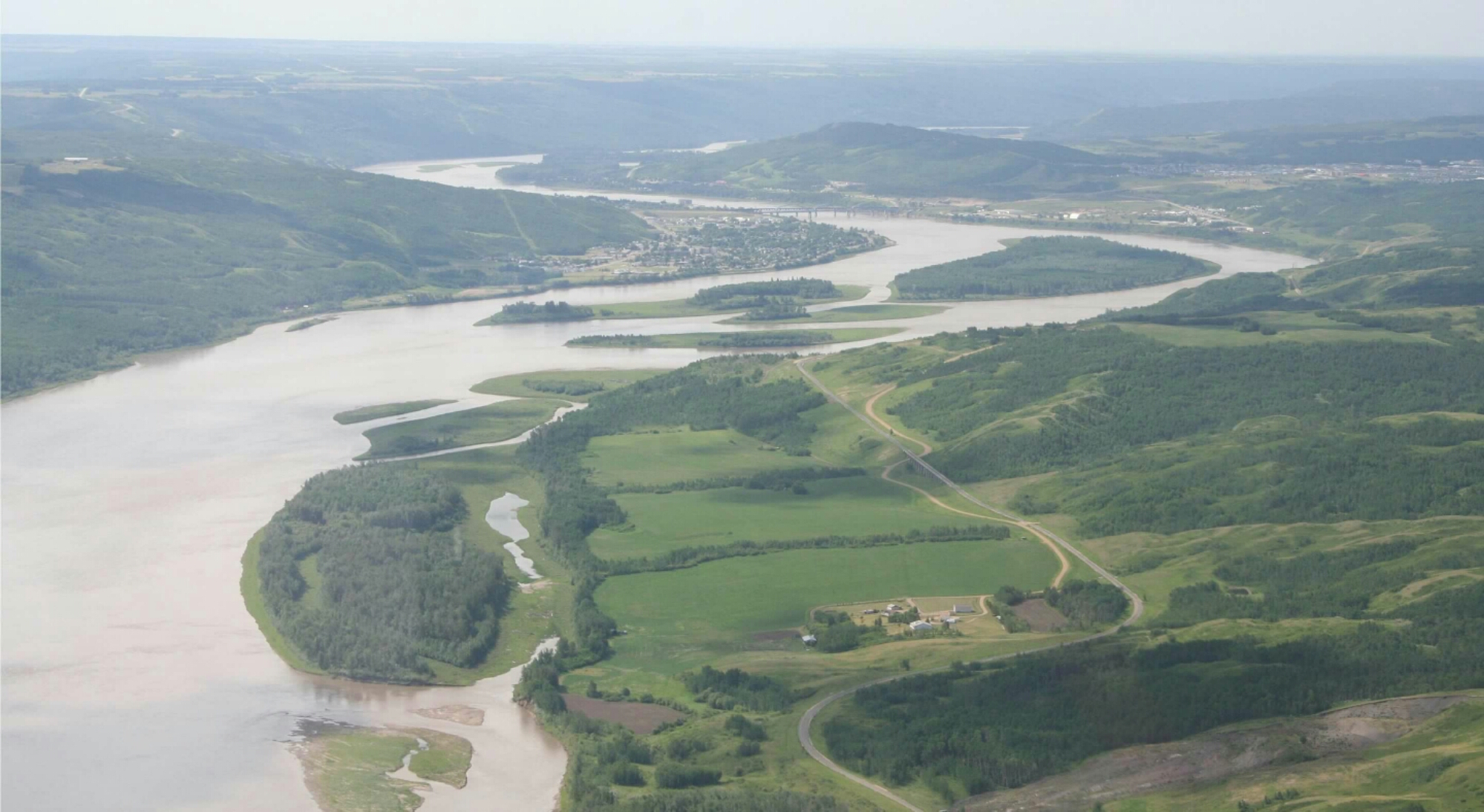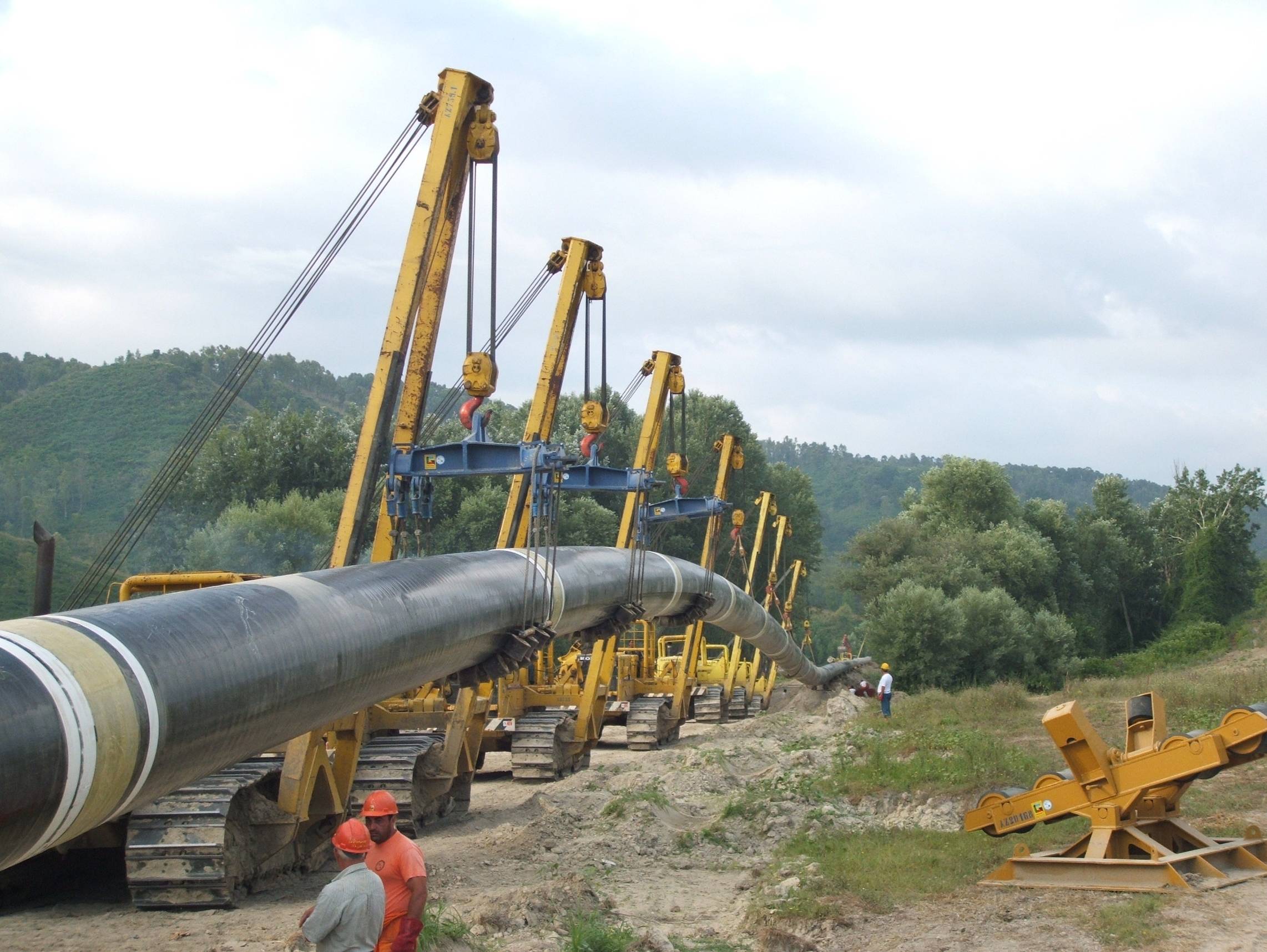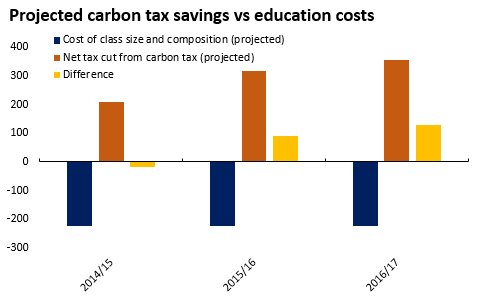Here are a few quick, initial thoughts on Vancouver’s transit referendum, where new transit funding paid for by a regional sales tax was rejected roughly 60% to 40%. You might want to read on even if you’re not from Vancouver: after all, it isn’t the only property-value-driven urban “utopia” where public services, public spaces and people themselves are being pushed out by elites.
(1) The result is unhappy, but not unexpected. The process was designed to fail and it has succeeded at that task with flying colours: the provincial government took an area of long-standing funding responsibility, turned its expansion into a vote on new taxation, and then abdicated all responsibility for an effective campaign. (This rather than getting money for transit out of general revenues and sparking debate over how to fund services and which ones.) If and when Christie Clark gets her pink slip, someone should stick a gold star on it for this one.
(2) On one hand, the result confirms the ideological victory of the right on the level of a very concrete, local example. New taxes and expanded public services are easy to pick apart in an age where cutting both is a hard-won default position in political debate. On the other hand, it will be easy to interpret these results in a way that further strains any remaining bonds of social solidarity. There is self-satisfaction from the ideologues of the Canadian Taxpayers Federation; however, alongside it it’s already easy to see complaints about “stupid suburban voters” from those in favour of more transit on social media.



